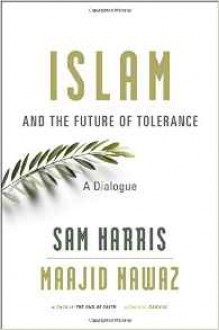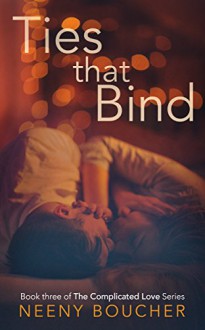
'Liberals imagine that jihadists and islamists are acting as anyone else would given a similar history of unhappy encounters with the West. And they totally discount the role that religious beliefs play in inspiring a group like the Islamic State - to the point where it would be impossible for a jihadist to prove he was doing anything for religious reasons. Apparently it's not enough for an educated person with economic opportunities to devote himself to the most extreme and austere version of Islam, to articulate his religious reasons for doing so ad nauseam, and even to go as far as to confess his certainty about martyrdom on video before blowing himself up in a crowd. Such demonstrations of religious fanaticism are somehow considered rhetorically insufficient to prove that he really believed what he said he believed.' - Sam Harris page 47-48
I think that one paragraph sums up my frustrations with the debate on Islamic terrorism. Imagine if you went back in time to see the Knights Templar not give an inch in battle, driven by their religiously inspired, fervent belief in martyrdom. The conclusion you draw from this is that this was at root a frustration garnered from hundreds of years of eastern foreign policy in the form of Jihad and the knights' reaction has nothing to do with religion. Surely you'd have to be at least dishonest in that scenario to discount the role of religious conviction? And yet as Harris demonstrates, this has almost become a mainstream political opinion amongst so called liberals. Harris continues -
'The belief that a life of eternal pleasure awaits martyrs after death explains why certain people can honestly chant "we love death more than the infidels love life." They truly believe in martyrdom - as evidenced by the fact that they regularly sacrifice their lives, or watch their children do so, without a qualm. As we have been having this conversation there was an especially horrific attack on a school in Peshawar, Pakistan, where members of the Taliban murdered 145 people, 132 of them children. Here's an except from an online conversation with a Taliban supporter in the aftermath of the massacre - Human life only has value among you worldly materialist thinkers. Death is not the end of life. It is the beginning of existence in a world much more beautiful than this. Paradise is for those pure of hearts. All children have pure hearts. They have not sinned yet... They have not been corrupted by their kafir parents. We did not end their lives. We gave them new ones in paradise, where they will be loved more than you can imagine. They will be rewarded for their martyrdom."
I think that speaks for itself. You would have to make the claim that the Taliban supporter is lying, in order to undermine the idea that extreme religious conviction plays some part in the terror debate and I personally think the weight of evidence rests against you if you do.
But anyway that's not even the debate that people should be having, the debate should be how do you deal with the tide of Islamist and jihadi groups around the globe? Maajid Nawaz argues that Islamism, the political belief of fundamentalism and the spreading of Islamic law and customs across all nations, must be defeated at grass roots levels within the Muslim community. They estimate that Islamist groups make up between 15 and 25% of the world's 1.6 billion strong Muslim population. He sees The Obama administrations refusal to name Islamism as being at the root of groups like IS as a failure. He believes that naming the problem instead of avoiding it, gives Muslims a choice to either 'reclaim our religion and its narrative, or allow thugs and demagogues to speak in its name and impose it on others. Calling it extremism is too relative and vague and sidesteps the responsibility to counter its scriptural justification.' He means scriptural justification here in the sense that one may interpret many things from the Qu'ran and ahadith and one of those readings is the skewed beliefs of Islamic State. He also mentions however that another essential thing that needs to happen is for there to be an acknowledgement that there are many different interpretations possible, each to the person who reads the scripture. Essentially if the Muslim community can get to the stage where the interpretations are personal to the person and there is no right answer, this is the first step on the way to pluralism and secularism.
I've done rather a hatchet job here of what is a short, at 128 pages, yet valuable conversation in which the intricacies and problems of the debate are analysed in such greater depth. Despite its small length, it is definitely a worthy addition to the field and a good discussion between two respectful men, one a liberal Muslim, the other a liberal atheist. The more this is talked about and the less it is approached with apprehension and shame the better for our society.
 Audio version: 4.5 stars for the great narration
Audio version: 4.5 stars for the great narration
 Log in with Facebook
Log in with Facebook 









